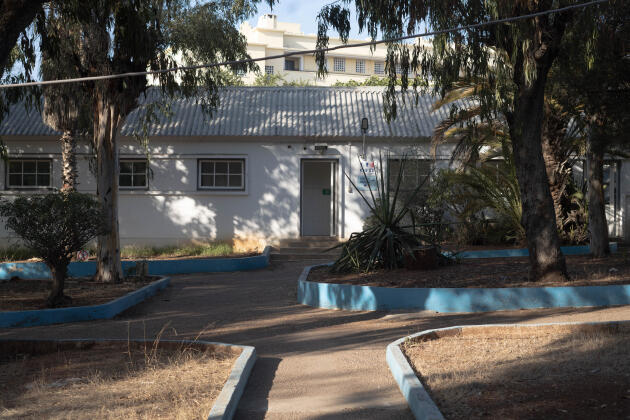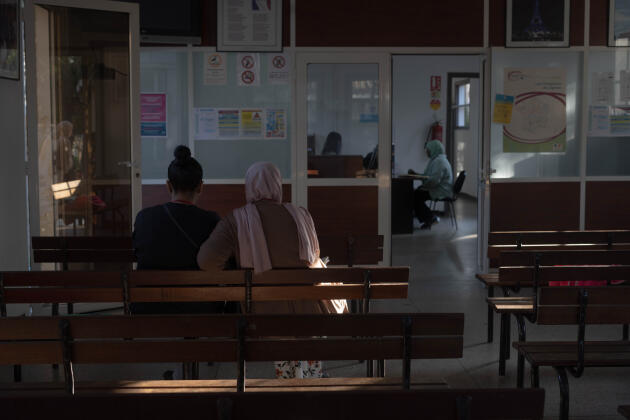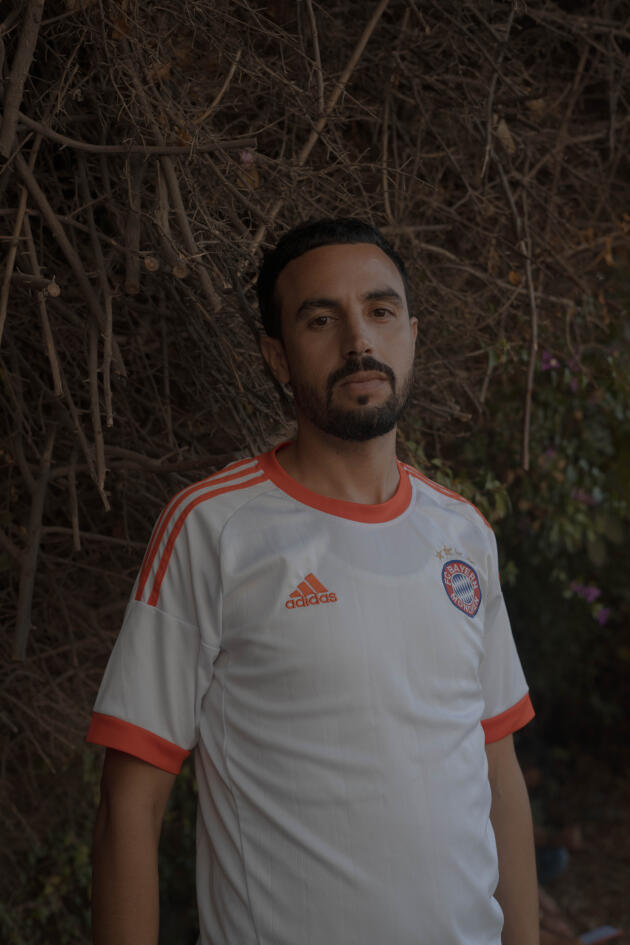In Fez, he worked in a five-star hotel and served tourists, mostly French and Chinese. He was paid 100 dirhams per day, or less than 10 euros. In France, he says, he will earn 100 euros per day. So Imad (the people cited by their first name only requested anonymity) does not hesitate. Soon, he will join a farm in the Nîmes region, where he will harvest turnips. This October morning, the 34-year-old young man came for a medical examination in the Moroccan premises of the French Office of Immigration and Integration (OFII), in Casablanca. A doctor must verify his physical fitness before a visa is issued to him.
Next to him, other seasonal workers parade. Who packs leeks, who harvests hazelnuts, who prunes vines, mainly in Bouches-du-Rhône, Vaucluse, Haute-Corse and Lot-et-Garonne. Bouchra Mazouz, 42, will work for six months in a wine farm near Montpellier. “This is the first time I’m going to Europe”, tells us this mother of four boys, originally from Larache, in the north of the country. She hasn’t slept for three days, with the urgency of gathering the necessary documents to validate her visa application.
The OFII offices are located in buildings which served, before independence, as a place of barracks for Moroccan soldiers who fought on the side of France. The bidasses have been replaced by workers since 1963 and the signing of a labor agreement between the two countries.


Only students and holders of talent passports (a residence permit intended for highly qualified profiles) contact the French consulate directly. All others – permanent workers, seasonal workers, candidates for family reunification – stop at the OFII. Casablanca is home to the establishment’s largest branch abroad.
“It’s not the French who would do this work”
Since the Covid-19 pandemic, the flow of seasonal workers has increased considerably. In 2022, nearly 17,000 of them were recruited in Morocco, compared to just over 8,000 in 2019 and less than 5,000 in 2013. In 2023, the figures should be around 15,000 seasonal workers, originating from the majority of them from the Fez-Meknes and Oriental regions. Among them, 95% are men and agricultural workers, paid the minimum wage for the profession. In a context of increasing recruitment needs, France – Europe’s leading agricultural producer – is relying more than ever on these temporary migrants, whose contracts last between three and six months maximum. The remainder is employed in the hotel and catering sector. “I receive twice as many work authorizations as I have slots to submit visa applications for this category of employees”, reports Ahmed Chtaibat, the director of the OFII in Casablanca, unable to satisfy the demand for professional immigration that comes to him from employers in France, fond of inexpensive labor and held by the promise of a residence permit. “ The processing of these files is far from satisfactory”he continues.
You have 65% of this article left to read. The rest is reserved for subscribers.
